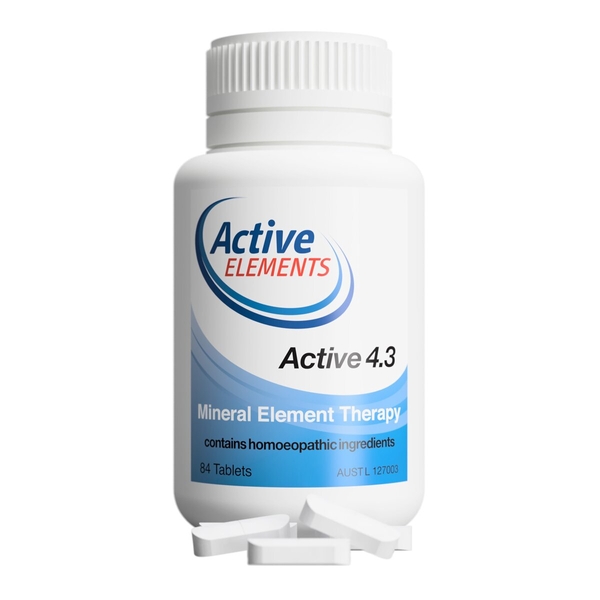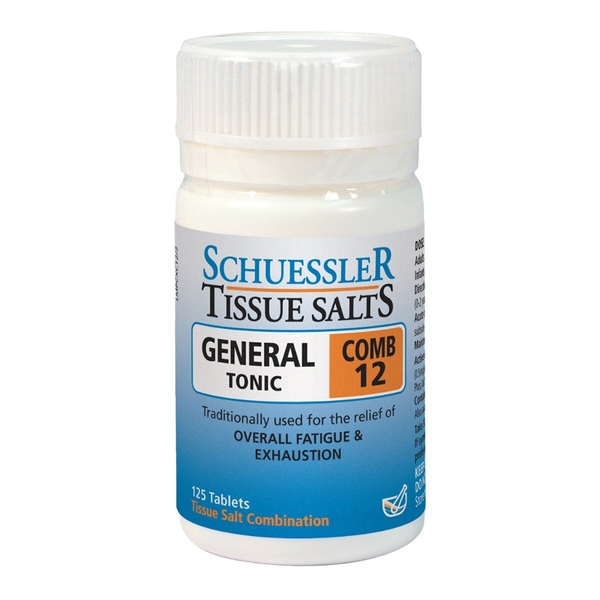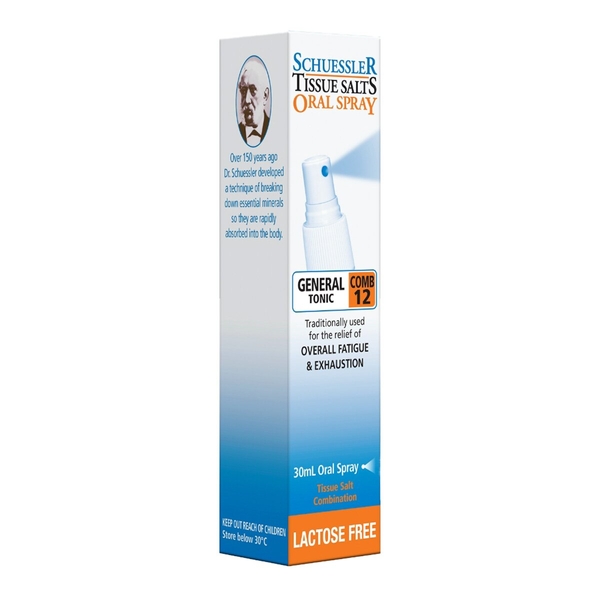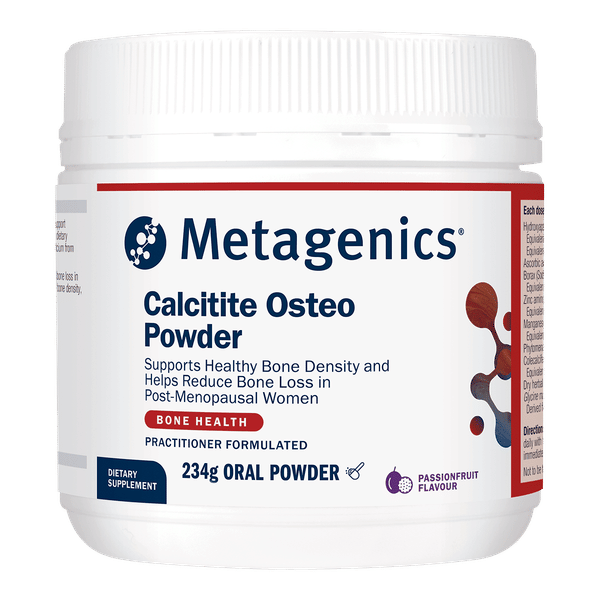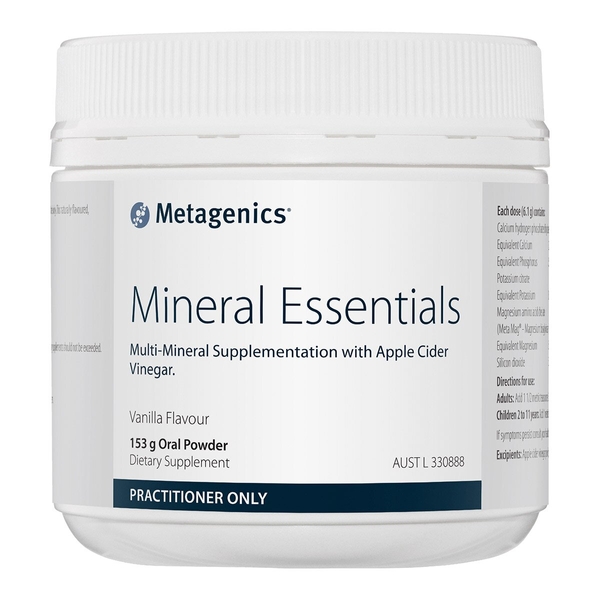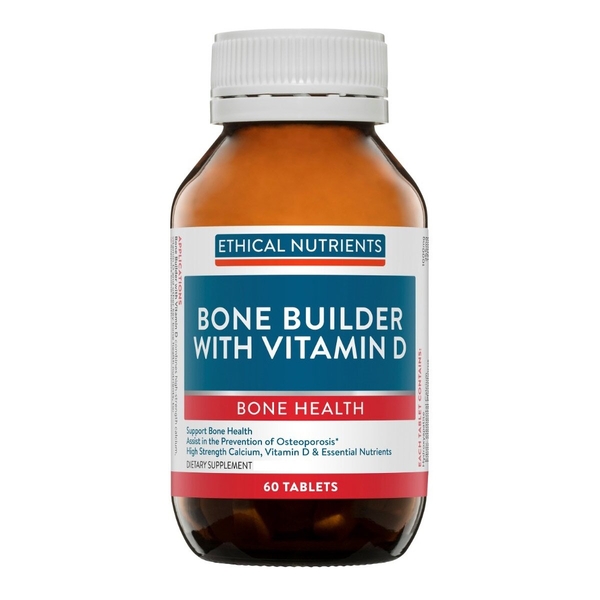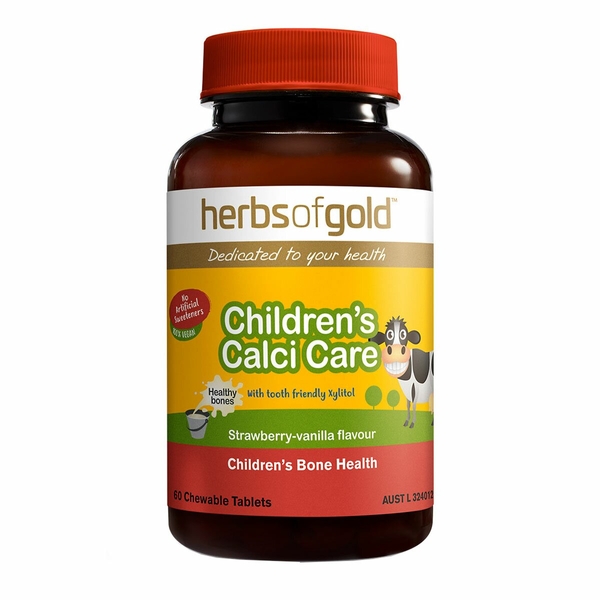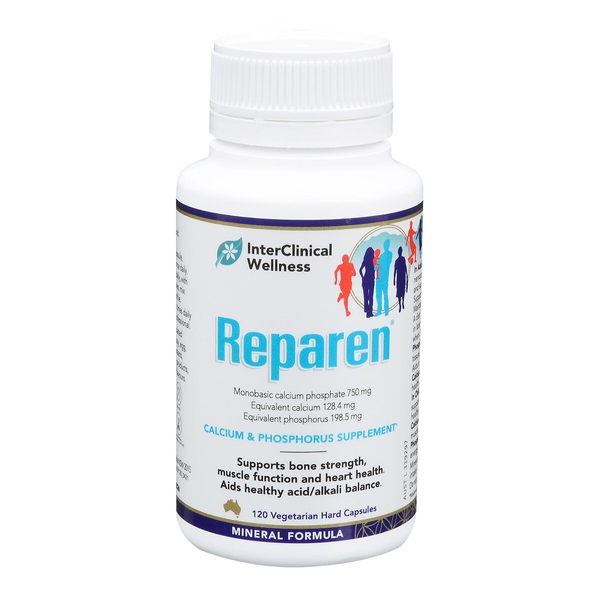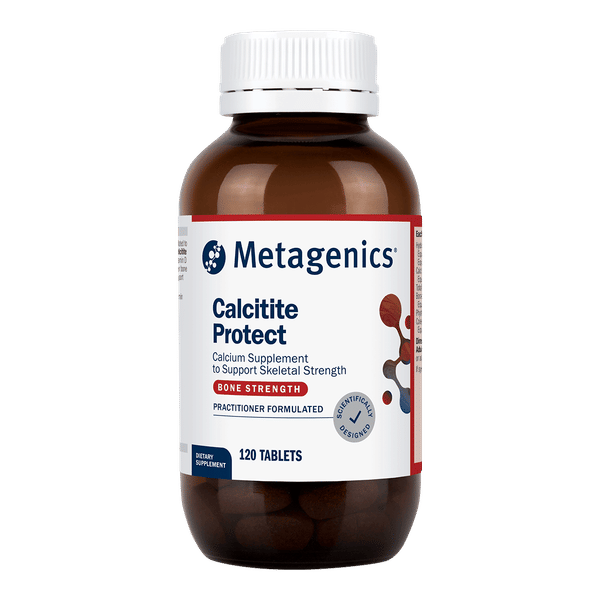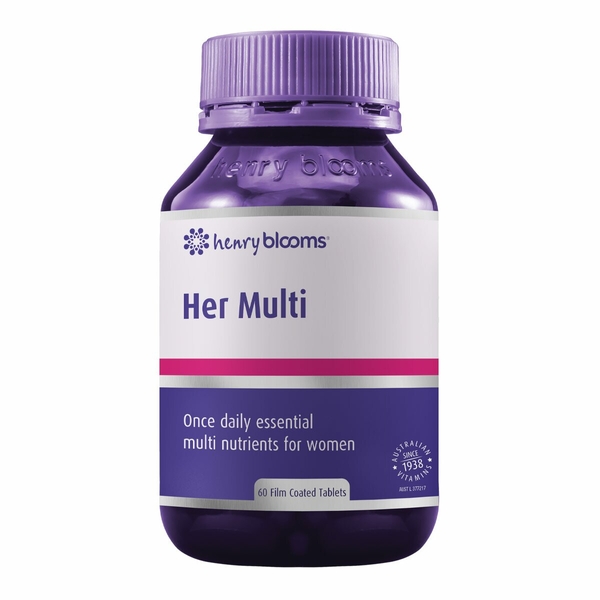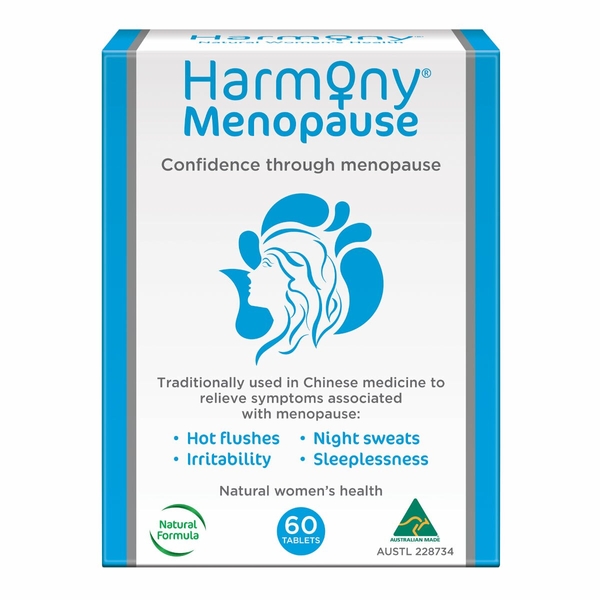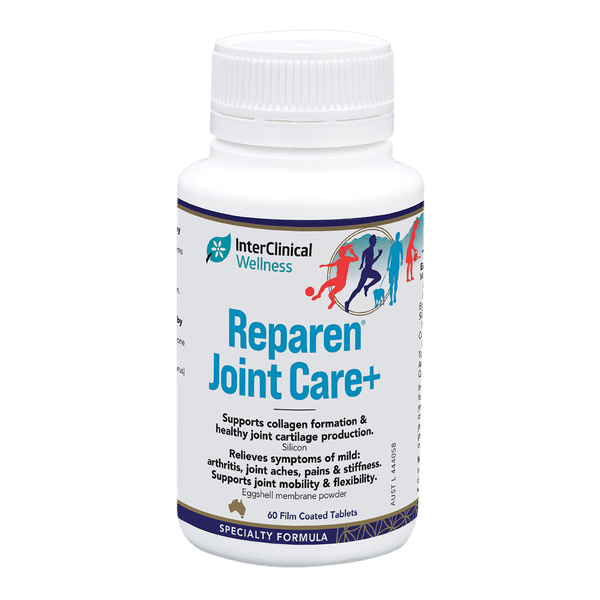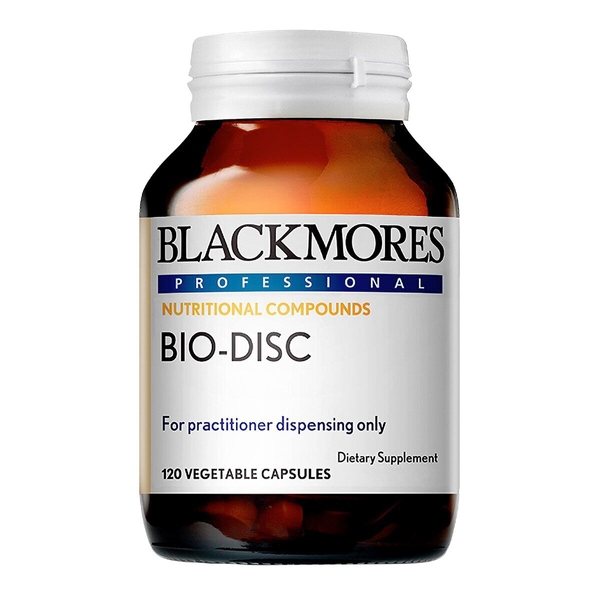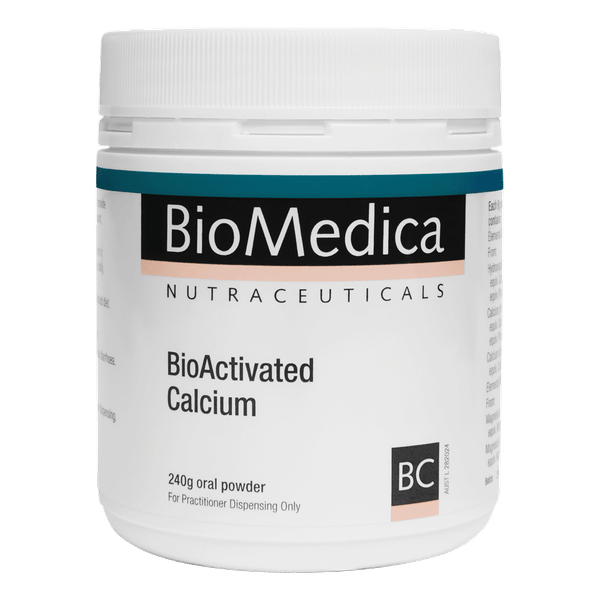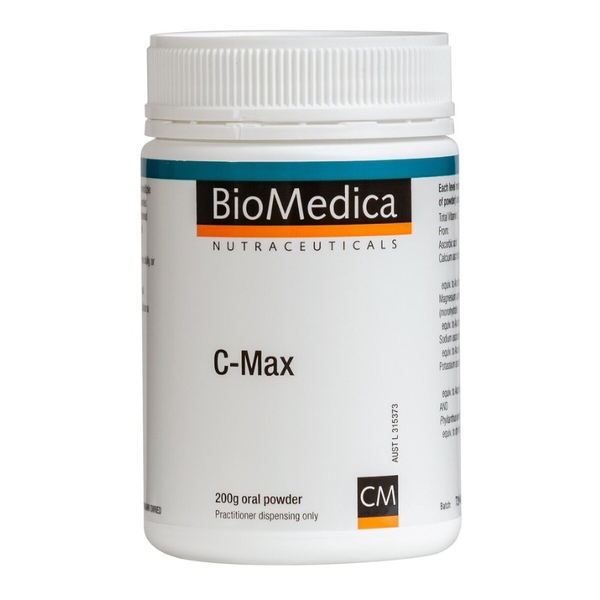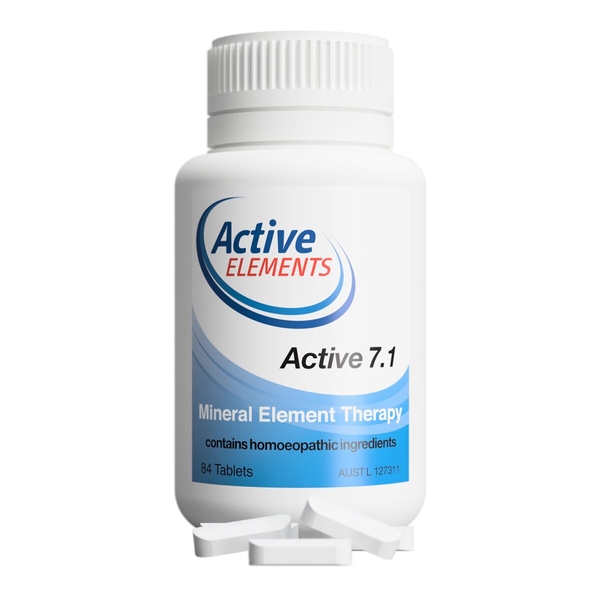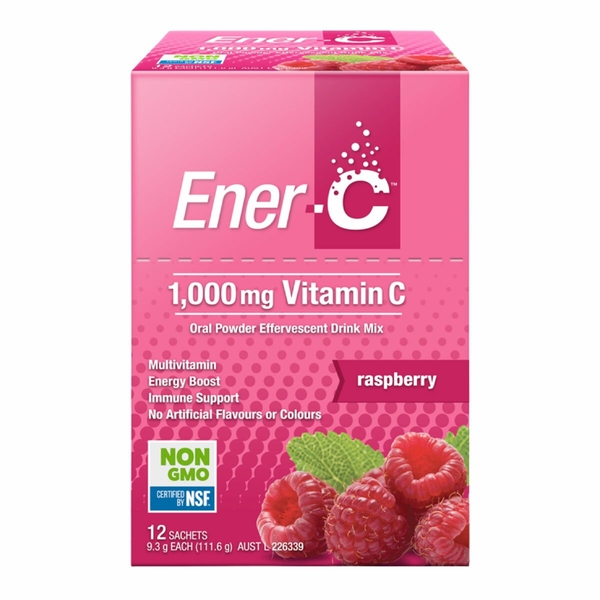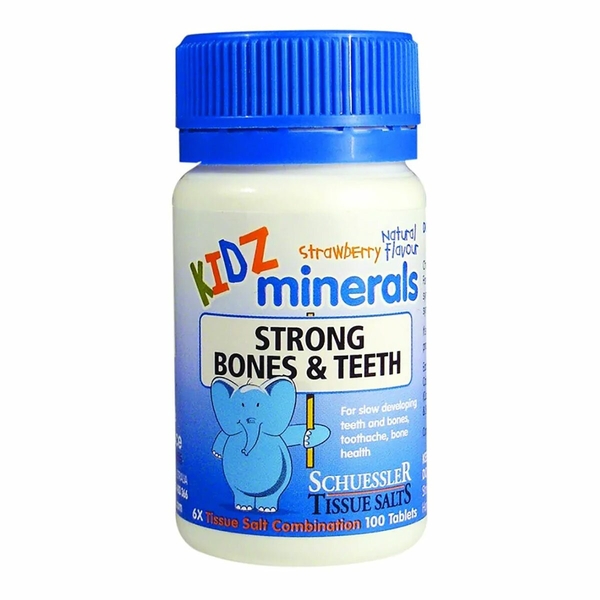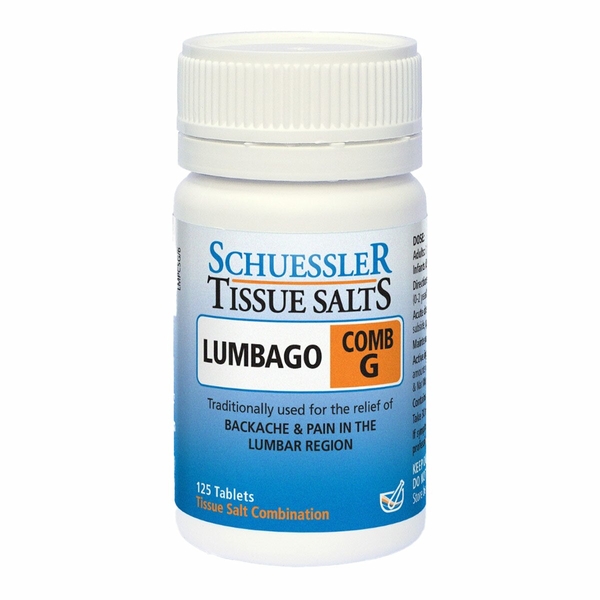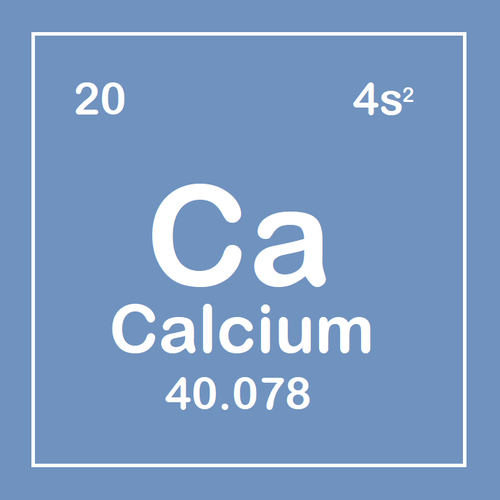
Background
Bones are always breaking down and rebuilding. Calcium is needed for this process, but the concentration of calcium in the body tends to decline with age. Taking extra calcium helps the bones rebuild and stay strong. The heart, nerves, and blood-clotting systems also need calcium.
People commonly take calcium by mouth for the treatment and prevention of low calcium levels in the blood, , osteoporosis, softening of the bones, and PMS. It is also used for cancer, stroke, and many other conditions, but there is no good scientific evidence to support many of these other uses.
In the US and Canada, foods that contain calcium and vitamin D are allowed to say on the label that they might reduce the risk of osteoporosis.
Safety Safety definitions
Special Precautions & Warnings:
Pregnancy and breast-feeding: Calcium is likely safe when taken by mouth in recommended amounts. But calcium is possibly unsafe when taken by mouth in doses above the daily tolerable upper intake level (UL). The UL is 3000 mg for those under 18 years of age and 2500 mg for those over 18 years of age. Higher doses might increase the risk of seizures in the infant. Be sure to consider total calcium intake from both dietary and supplemental sources of calcium. Avoid taking more than 1000-1200 mg of calcium from supplements daily unless prescribed by your doctor.Children: Calcium is likely safe when taken by mouth in recommended amounts. But calcium is possibly unsafe when taken by mouth in doses above the daily tolerable upper intake level (UL). The UL is 1000 mg for those 0-6 months old, 1500 mg for those 6-12 months old, 2500 mg for those 1-8 years old, and 3000 mg for those 9-18 years old. Children should consume enough calcium to meet daily requirements, but should not consume extra calcium.
Low acid levels in the stomach (achlorhydria): People with low levels of gastric acid absorb less calcium if calcium is taken on an empty stomach. People with low acid levels should take calcium supplements with meals.
Too much calcium in the blood (as in parathyroid gland disorders and sarcoidosis): Calcium should be avoided if you have a condition that causes high calcium levels. Taking calcium supplements can cause calcium levels to increase even more.
Kidney disorders: In people with kidney disorders, taking calcium supplements can increase calcium levels too much. Speak with a healthcare provider before taking calcium supplements.
Smoking: People who smoke absorb less calcium from the stomach and might require calcium supplements.
Stroke: Taking calcium supplements for 5 or more years might increase the chance of developing dementia in people who have had a stroke. More research is needed to know if calcium supplements should be avoided after a stroke.
Effectiveness
- Indigestion (dyspepsia). Taking calcium carbonate by mouth as an antacid is effective for treating indigestion.
- High levels of potassium in the blood (hyperkalemia). Giving calcium gluconate by IV can reverse heart problems caused by high potassium levels. IV products can only be given by a healthcare provider.
- Low levels of calcium in the blood (hypocalcemia). Taking calcium by mouth and by IV is effective for treating and preventing low calcium levels. IV products can only be given by a healthcare provider.
- Kidney failure. Taking calcium carbonate or calcium acetate by mouth is effective for controlling high phosphate levels in the blood in people with kidney failure. Taking calcium by mouth also seems to help reduce blood pressure in people with kidney failure.
- Bone loss in people taking drugs called corticosteroids. Taking calcium and vitamin D by mouth seems to reduce bone density loss in people using corticosteroid drugs long-term.
- Overactive parathyroid (hyperparathyroidism). Taking calcium by mouth reduces parathyroid hormone levels in people with kidney failure and parathyroid hormone levels that are too high.
- Weak and brittle bones (osteoporosis). Consuming adequate amounts of calcium, both from the diet and supplements, is effective for preventing bone loss and treating osteoporosis. Taking calcium by mouth, alone or with vitamin D, also helps prevent fractures in people with osteoporosis.
- Premenstrual syndrome (PMS). Consuming adequate amounts of calcium, both from the diet and supplements, seems to significantly reduce mood swings, bloating, food cravings, and pain.
- Colon cancer, rectal cancer. Taking calcium supplements by mouth or increasing intake from the diet seems to reduces the risk of colorectal cancer. But people with low levels of vitamin D don't seem to benefit from calcium supplements, nor do people who are overweight or obese.
- Increasing bone strength in the unborn baby. Taking calcium supplements by mouth during pregnancy increases the bone mineral density of the baby when calcium intake from the diet is low.
- High blood pressure. Taking calcium supplements by mouth seems to reduce blood pressure by a small amount in people with or without high blood pressure.
- Softening of the bones (osteomalacia). Taking calcium by mouth seems to help reverse softening of the bones caused by very low calcium intake.
- A pregnancy complication marked by high blood pressure and protein in the urine (pre-eclampsia). Taking calcium by mouth daily seems to reduce the risk of pregnancy-related high blood pressure and pre-eclampsia. It may be most helpful in those who have low levels of calcium in their diets.
- Softening of bones in children, often due to vitamin D deficiency (rickets). Taking calcium by mouth seems to help reverse softening of the bones in children with very low calcium intake.
- Preventing tooth loss (tooth retention). Taking calcium and vitamin D by mouth appears to help prevent tooth loss in older people.
- Breast cancer. Taking calcium by mouth doesn't reduce the risk for breast cancer.
- Fractures. Taking calcium by mouth, alone or with vitamin D, doesn't seem to prevent fractures in older people who do not have osteoporosis.
- Obesity. Taking calcium by mouth doesn't seem to help with weight loss.
- Death from any cause. Taking calcium supplements by mouth doesn't seem to reduce the overall risk of death.
- Heart attack. Taking calcium supplements by mouth doesn't help prevent a heart attack. In fact, taking calcium supplements by mouth without vitamin D might increase the risk for a heart attack.
- Heart disease. Taking calcium supplements by mouth doesn't reduce the risk of heart disease. In fact, taking large amounts of calcium might increase the risk of developing heart disease in some people.
- Nerve damage in the hands and feet caused by cancer drug treatment. Giving calcium and magnesium by IV doesn't reduce nerve pain caused by the anticancer drug oxaliplatin. IV products can only be given by a healthcare provider.
Dosing & administration
In supplements, calcium has most often been used by adults in doses of 500-1500 mg by mouth daily. Don't take more than 2000-2500 mg daily unless under the supervision of a healthcare provider. Speak with a healthcare provider to find out what type of product and dose might be best for a specific condition.
Interactions with pharmaceuticals
Aluminum
Interaction Rating=Moderate Be cautious with this combination.
Calcium citrate can increase how much aluminum the body absorbs from aluminum hydroxide. This increase in aluminum levels can cause serious side effects, especially in people with kidney disease. But not all forms of calcium have this effect. Calcium acetate does not appear to increase aluminum levels.
Antibiotics (Quinolone antibiotics)
Interaction Rating=Moderate Be cautious with this combination.
Calcium might decrease how well some antibiotics work. In the gut, calcium binds to antibiotics known as "quinolones." This can decrease the amount of these drugs that the body absorbs. To avoid this interaction, take these drugs at least 2 hours before or 4 to 6 hours after calcium.
Antibiotics (Tetracycline antibiotics)
Interaction Rating=Moderate Be cautious with this combination.
Calcium might decrease how well some antibiotics work. In the gut, calcium binds to antibiotics known as "tetracyclines." This can decrease the amount of these drugs that the body absorbs. To avoid this interaction, take these drugs at least 2 hours before or 4 to 6 hours after calcium.
Bisphosphonates
Interaction Rating=Moderate Be cautious with this combination.
Calcium can decrease how much bisphosphonate the body absorbs, which can decrease the effects of bisphosphonates. To avoid this interaction, take bisphosphonates at least 30 minutes before calcium or at a different time of day.
Calcipotriene (Dovonex)
Interaction Rating=Moderate Be cautious with this combination.
Calcipotriene is a drug that is similar to vitamin D. Vitamin D helps the body absorb calcium. Taking calcium supplements along with calcipotriene might increase levels of calcium too much.
Ceftriaxone (Rocephin)
Interaction Rating=Major Do not take this combination.
Administering intravenous ceftriaxone and calcium together can result in life-threatening damage to the lungs and kidneys. Calcium should not be administered intravenously within 48 hours of intravenous ceftriaxone. This interaction is not a concern when calcium is taken by mouth.
Digoxin (Lanoxin)
Interaction Rating=Moderate Be cautious with this combination.
Calcium can affect your heart. Digoxin is used to help your heart beat stronger. Taking calcium along with digoxin might increase the effects of digoxin and lead to an irregular heartbeat. If you are taking digoxin, talk to your doctor before taking calcium supplements.
Diltiazem (Cardizem, others)
Interaction Rating=Moderate Be cautious with this combination.
Taking large amounts of calcium along with diltiazem might decrease the effects of diltiazem.
Dolutegravir (Tivicay)
Interaction Rating=Major Do not take this combination.
Taking calcium along with dolutegravir can reduce blood levels of dolutegravir. This might decrease the effects of dolutegravir. To avoid this interaction, dolutegravir should be taken 2 hours before or 6 hours after taking calcium.
Elvitegravir (Vitekta)
Interaction Rating=Major Do not take this combination.
Taking calcium along with elvitegravir can reduce blood levels of elvitegravir. This might decrease the effects of elvitegravir. To avoid this interaction, elvitegravir should be taken 2 hours before or 2 hours after taking calcium.
Levothyroxine (Synthroid, others)
Interaction Rating=Moderate Be cautious with this combination.
Calcium can decrease how much levothyroxine the body absorbs. Taking calcium along with levothyroxine might decrease the effects of levothyroxine. Levothyroxine and calcium should be taken at least 4 hours apart.
Lithium
Interaction Rating=Moderate Be cautious with this combination.
Long-term lithium use can increase calcium levels in the blood. Taking lithium with calcium supplements might increase calcium levels too much.
Medications for high blood pressure (Calcium channel blockers)
Interaction Rating=Minor Be watchful with this combination.
Calcium channel blockers are a type of medicine used for high blood pressure. Calcium may decrease the effects of calcium channel blockers when given by IV. But taking calcium supplements by mouth or consuming foods containing calcium does not seem to have this effect.
Raltegravir (Isentress)
Interaction Rating=Moderate Be cautious with this combination.
Taking calcium along with raltegravir for several months might reduce blood levels of raltegravir and decrease its effects. Taking a single dose of calcium along with raltegravir does not appear to affect blood levels of raltegravir.
Sotalol (Betapace)
Interaction Rating=Moderate Be cautious with this combination.
Taking calcium with sotalol can decrease how much sotalol the body absorbs. Taking calcium along with sotalol might decrease the effects of sotalol. To avoid this interaction, take calcium at least 2 hours before or 4 hours after taking sotalol.
Verapamil (Calan, others)
Interaction Rating=Moderate Be cautious with this combination.
Taking large amounts of calcium along with verapamil might decrease the effects of verapamil.
Water pills (Thiazide diuretics)
Interaction Rating=Moderate Be cautious with this combination.
Some "water pills" increase the amount of calcium in the body. Taking large amounts of calcium with some "water pills" might cause there to be too much calcium in the body. This could cause serious side effects, including kidney problems.
Interactions with herbs & supplements
Lycopene: Taking calcium together with lycopene may decrease the amount of lycopene that the body absorbs. To avoid this interaction, people should take calcium supplements at bedtime instead of with meals.
Magnesium: Calcium supplements can decrease the absorption of magnesium from the diet, but only at very high doses (2600 mg daily). People at high risk for magnesium deficiency should take calcium supplements at bedtime instead of with meals.
Vitamin D: Taking vitamin D along with calcium increases the absorption of calcium. This might increase the risk of calcium levels becoming too high in some people.
Zinc: Calcium supplements can decrease the absorption of zinc from the diet. In people who have enough zinc stored in their bodies, taking calcium does not cause a problem over the long term.
Interactions with foods
Taking calcium supplements can decrease how much iron, zinc, and magnesium the body absorbs from foods. But this doesn't seem to be a problem for people with normal levels of these nutrients.
Products
View all products- Calcium phosphate (Calc phos)
- Calcium fluoride (Calc fluor)
- Calcium sulphate (Calc sulph)
- Ferrum phosphate (Ferr Phos)
- Kalium muriaticum (Kali mur)
- Potassium phosphate (Kali phos)
- Potassium sulphate (Kali sulph)
- Magnesium phosphate (Mag phos)
- Natrum muriaticum (Nat mur)
- Sodium phosphate (Nat phos)
- Sodium sulphate (Nat sulph)
- Silicon dioxide (Silica)
- Calcium phosphate (Calc phos)
- Calcium fluoride (Calc fluor)
- Calcium sulphate (Calc sulph)
- Ferrum phosphate (Ferr Phos)
- Potassium phosphate (Kali phos)
- Magnesium phosphate (Mag phos)
- Sodium phosphate (Nat phos)
- Silicon dioxide (Silica)
- Potassium chloride (Kali mur)
- Potassium sulphate (Kali sulph)
- Sodium chloride (Nat mur)
- Sodium sulphate (Nat sulph)
- Hydroxyapatite (Calcium) 2 g equiv. calcium 500 mg equiv. phosphorus 216 mg
- Glycine max ext. 113 mg
- Ascorbic acid (Vitamin C) 250 mg
- Borax 26 mg equiv. boron 3 mg
- Manganese amino acid chelate 16 mg equiv. manganese 2.5 mg
- Phytomenadione (Vitamin K1) 100 μg
- Cholecalciferol 12.5 μg equiv. vitamin D3 500 IU
- Zinc bisglycinate (Zinc amino acid chelate) 25 mg equiv. zinc 5 mg
- Calcium hydrogen phosphate dihydrate 1.4 g equiv. calcium 325 mg equiv. phosphorus 251 mg
- Potassium citrate 415 mg equiv. potassium 150 mg
- Selenomethionine 250 µg equiv. selenium 100 µg
- Magnesium bisglycinate 1.5 g equiv. magnesium 150 mg
- Zinc bisglycinate (Zinc amino acid chelate) 50 mg equiv. zinc 10 mg
- Silicon dioxide 50 mg
- Manganese amino acid chelate 31 mg equiv. manganese 5 mg
- Borax 8.8 mg equiv. boron 1 mg
- Potassium iodide 196 µg equiv. iodine 150 µg
- Molybdenum trioxide 180 µg equiv. molybdenum 120 µg
- Chromium nicotinate 500 µg equiv. chromium 50 µg
- Iron bisglycinate 50 mg equiv. iron 10 mg
- Calcium ascorbate dihydrate (Vitamin C) 54.47 mg equiv. ascorbic acid 45 mg equiv. calcium 4.97 mg
- Calcium hydrogen phosphate 305.49 mg equiv. calcium 90 mg equiv. phosphorus 69.53 mg
- Calcium pantothenate (Vitamin B5) 25.56 mg equiv. pantothenic acid 23.41 mg equiv. calcium 2.15 mg
- Beta-carotene carotenoids (Vitamin A) 4.2 mg
- Cholecalciferol 25 µg equiv. vitamin D3 1000 IU
- Cyanocobalamin (Vitamin B12) 10 µg
- d-alpha-Tocopheryl acid succinate 7 mg
- Zinc oxide 9.96 mg equiv. zinc 8 mg
- Vaccinium macrocarpon ext. 10 mg
- Biotin 150 µg
- Borax 4.41 mg equiv. boron 500 µg
- Chromium nicotinate 250 µg equiv. chromium 25 µg
- Silica - colloidal anhydrous 19.25 mg equiv. silicon 9 mg
- Copper gluconate 8.57 mg equiv. copper 1.2 mg
- Ferrous fumarate 36.47 mg equiv. iron 12 mg
- Folic acid 400 µg
- Magnesium oxide 99.47 mg equiv. magnesium 60 mg
- Manganese sulphate monohydrate 15.38 mg equiv. manganese 5 mg
- Molybdenum trioxide 67.5 µg equiv. molybdenum 45 µg
- Nicotinamide (Vitamin B3) 50 mg
- Phytomenadione (Vitamin K1) 0.06 mg
- Potassium iodide (Iodine) 196.2 µg equiv. iodine 150 µg equiv. potassium 46.2 µg
- Pyridoxine hydrochloride (Vitamin B6) 30.39 mg equiv. pyridoxine 25 mg
- Riboflavin (Vitamin B2) 15 mg
- Selenomethionine 149 µg equiv. selenium 60 µg
- Thiamine nitrate (Vitamin B1) 18.5 mg equiv. thiamine 15 mg
- Ubidecarenone (Coenzyme Q10) 5 mg
- Citrus bioflavonoids extract 12.5 mg
- Calcium hydrogen phosphate dihydrate 350 mg equiv. calcium 81.6 mg equiv. phosphorus 63 mg
- Calcium amino acid chelate 50 mg equiv. calcium 10 mg
- Angelica polymorpha ext. 50 mg
- Dioscorea oppositifolia ext. 40 mg
- Paeonia lactiflora ext. 28.57 mg
- Bupleurum falcatum ext. 20 mg
- Cholecalciferol 2.5 μg equiv. vitamin D3 100 IU
- Vitex agnus-castus ext. 10 mg
- Rehmannia glutinosa ext. 200 mg
- Magnesium amino acid chelate 50 mg equiv. magnesium 10 mg
- Calcium phosphate 149.9 mg equiv. calcium 58 mg
- Calcium fluoride (Calc fluor)
- Zinc amino acid chelate 25 mg equiv. zinc 5 mg
- Ascorbic acid (Vitamin C) 100 mg
- d-alpha-Tocopheryl acid succinate 41.3 mg equiv. vitamin E 50 IU
- Retinyl palmitate (Vitamin A) 278 μg equiv. retinol 150 μg RE
- Magnesium phosphate pentahydrate 96.8 mg equiv. magnesium 20 mg
- Manganese amino acid chelate 25 mg equiv. manganese 2.5 mg
- Pyridoxine hydrochloride (Vitamin B6) 50 mg equiv. pyridoxine 41.13 mg
- Silica - colloidal anhydrous 49.25 mg equiv. silicon 23 mg
- Ananas comosus (Bromelain) 80 mg
- Carica papaya (Papain) 50 mg
- Hydroxyapatite (Calcium) 200 mg equiv. calcium 50 mg equiv. phosphorus 25 mg
- Calcium phosphate 946 mg equiv. calcium 350 mg equiv. phosphorus 189 mg
- Calcium citrate 1.2 g equiv. calcium 250 mg
- Cholecalciferol 10 μg equiv. vitamin D3 400 IU
- Zinc citrate dihydrate 19 mg equiv. zinc 6 mg
- Manganese amino acid chelate 25 mg equiv. manganese 2.5 mg
- Borax 13 mg equiv. boron 1.5 mg
- Ascorbic acid (Vitamin C) 57 mg
- Silica - colloidal anhydrous 43 mg equiv. silicon 20 mg
- Phytomenadione (Vitamin K1) 40 μg
- Lysine hydrochloride 250 mg equiv. lysine 200 mg
- Magnesium phosphate 990 mg equiv. magnesium 205 mg
- Magnesium citrate 217 mg equiv. magnesium 35 mg
- Calcium ascorbate dihydrate (Vitamin C) 309.4 mg equiv. ascorbic acid 255.6 mg equiv. calcium 29.08 mg
- Calcium phosphate 70 mg equiv. calcium 27.13 mg equiv. phosphorus 12.95 mg
- Magnesium phosphate 70 mg equiv. magnesium 14.46 mg equiv. phosphorus 12.29 mg
- Total Vitamin C 1.73 g
- Ascorbic acid (Vitamin C) 1.085 g
- Magnesium ascorbate monohydrate (Vitamin C) 144.38 mg equiv. ascorbic acid 129.5 mg equiv. magnesium 8.96 mg
- Sodium ascorbate (Vitamin C) 187.3 mg equiv. ascorbic acid 165.6 mg equiv. sodium 21.73 mg
- Potassium ascorbate dihydrate (Vitamin C) 135.03 mg equiv. ascorbic acid 94.5 mg
- Phyllanthus emblica ext. 16.8 mg
- d-alpha-Tocopheryl acetate 41.23 mg equiv. vitamin E 56 IU
- Rutin (Rutoside) 42 mg
- Beta-carotene carotenoids (Vitamin A) 1.26 mg
- Citrus bioflavonoids extract 70 mg
- Zinc citrate dihydrate 10.89 mg equiv. zinc 3.5 mg
- Glycine 525 mg
- Calcium sulphate dihydrate 15 mg equiv. calcium 3.49 mg
- Calcium sulphate dihydrate (Calc sulph)
- Potassium sulphate
- Potassium chloride
- Sodium sulphate (Nat sulph)
- Sodium chloride
- Magnesium phosphate pentahydrate (Mag phos)
- Ferrous phosphate octahydrate (Iron)
- Potassium sulphate 50 mg equiv. potassium 22.44 mg
- Magnesium phosphate pentahydrate 70 mg equiv. magnesium 14.48 mg
- Iron phosphate 10 mg equiv. iron 3.34 mg
- Sodium sulphate 100 mg equiv. sodium 32.37 mg
- Total Calcium 50 mg
- Calcium phosphate 34.67 mg equiv. phosphorus 5.5 mg
- Potassium phosphate monobasic 96.52 mg equiv. potassium 28 mg equiv. phosphorus 21.95 mg
- Ascorbic acid (Vitamin C) 1 g
- Retinyl acetate (Vitamin A) 859.75 µg equiv. retinol equivalents 750 µg
- d-alpha-Tocopheryl acetate 21.47 mg equiv. vitamin E 15 IU
- Cyanocobalamin (Vitamin B12) 25 µg
- Zinc ascorbate 5 mg equiv. zinc 785 µg
- Nicotinamide (Vitamin B3) 5 mg
- Pyridoxine hydrochloride (Vitamin B6) 2 mg equiv. pyridoxine 1.6 mg
- Folic acid 40 µg
- Calcium pantothenate (Vitamin B5) 2.5 mg equiv. pantothenic acid 2.29 mg
- Potassium iodide 198.55 µg equiv. iodine 150 µg
- Magnesium carbonate 122.36 mg equiv. magnesium 29.5 mg
- Manganese gluconate 4.55 mg equiv. manganese 500 µg
- Chromium picolinate 96.52 µg equiv. chromium 12 µg
- Cysteine hydrochloride 3.5 mg
- L-aspartic acid 7 mg
- Quercetin dihydrate 20 mg

